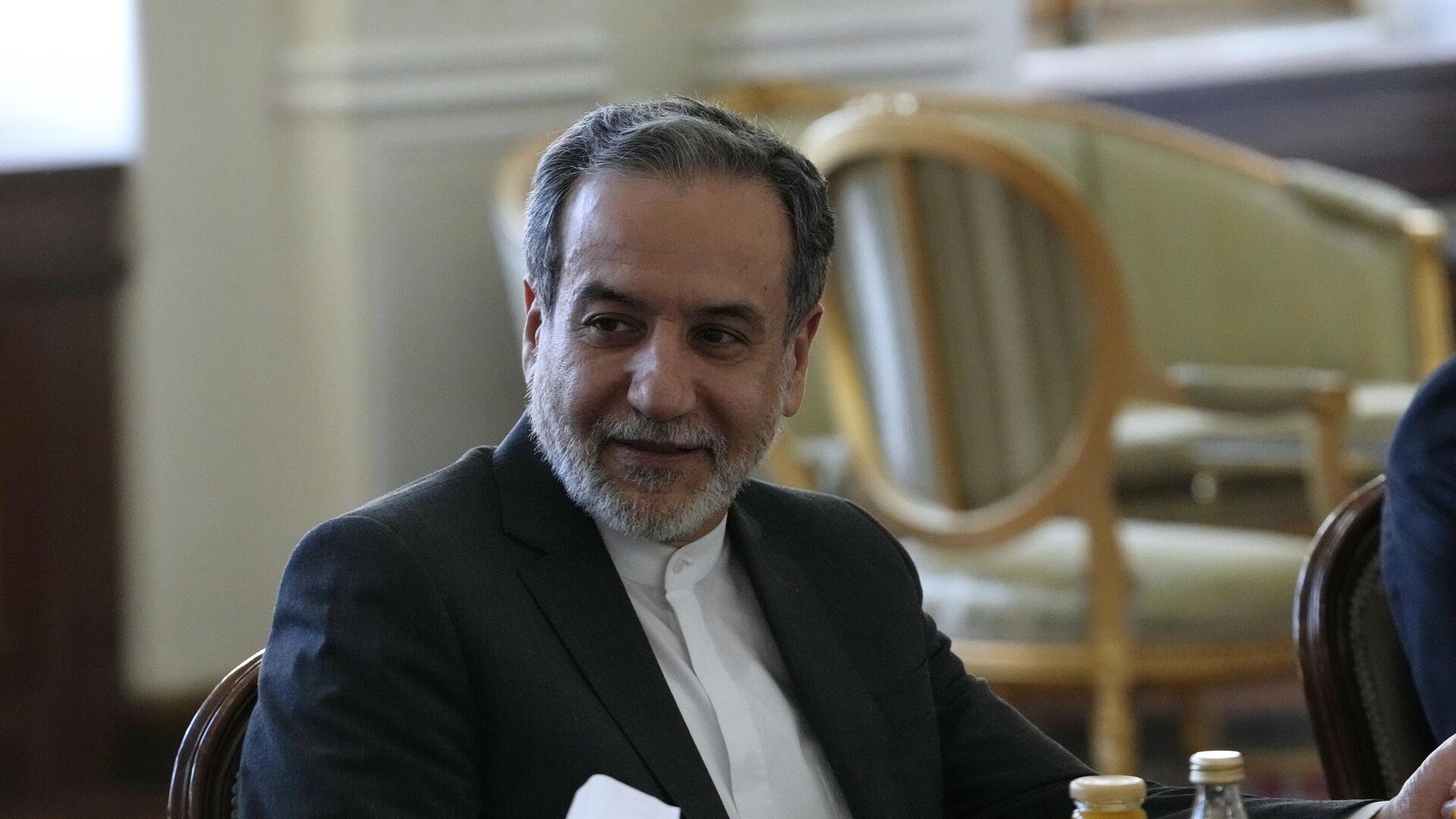Iran Believes Situation in Middle East Will Stabilize in Coming Days, Foreign Minister Says

© AP Photo / Vahid Salemi
Subscribe
TEHRAN (Sputnik) - This comes a day after Iran fired hundreds of ballistic missiles at Israel in response to the assassination of Hezbollah chief Hassan Nasrallah, Hamas political leader Ismail Haniyeh and senior IRGC commander Abbas Nilforoushan. Tehran made it clear that it does not seek war with Israel, but will deal decisively with any threat.
There is a possibility of conflict in the Middle East, but Tehran believes that the situation in the region will stabilize in the coming days, Iranian Foreign Minister Abbas Araghchi said on Wednesday.
"I see the coming days as bright. The possibility of conflict exists, but our forces are fully prepared. Last night, we only hit military and security targets and, unlike the Israeli side, did not affect the civilian sphere. We believe that we will see a kind of gradual stabilization of the situation in the region in the coming days," Araghchi was quoted as saying by the Tasnim news agency.
In addition, Araghchi noted that Tehran has sent Sweden a message for Washington saying that Iran's missile attack on Israel on October 1 was the country's right to self-defense, while the Iranian side has separately warned the US not to interfere.
"An exchange of messages does not mean [the existence] of agreements, and before the response [of Iran to Israel's actions in the region] there was no exchange of messages. After the response, a warning was issued to Sweden to pass it on to the United States, and it was said [in this message] that this [missile attack against Israel] was our right to self-defense, and we have no intention of continuing [the strikes]. We also issued a warning to the United States to step aside and not to interfere," Araghchi said.

